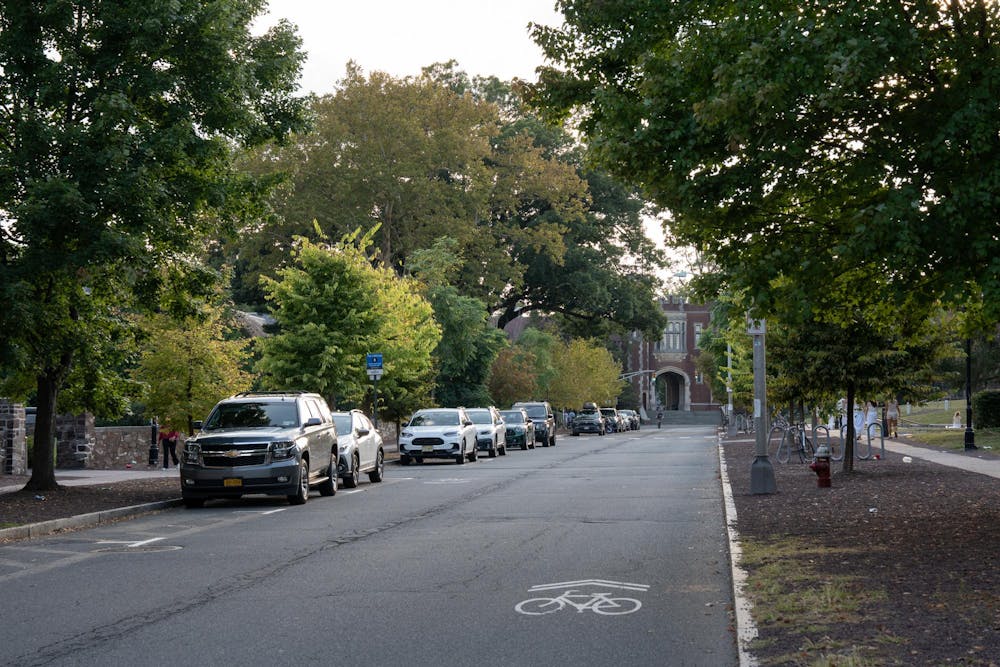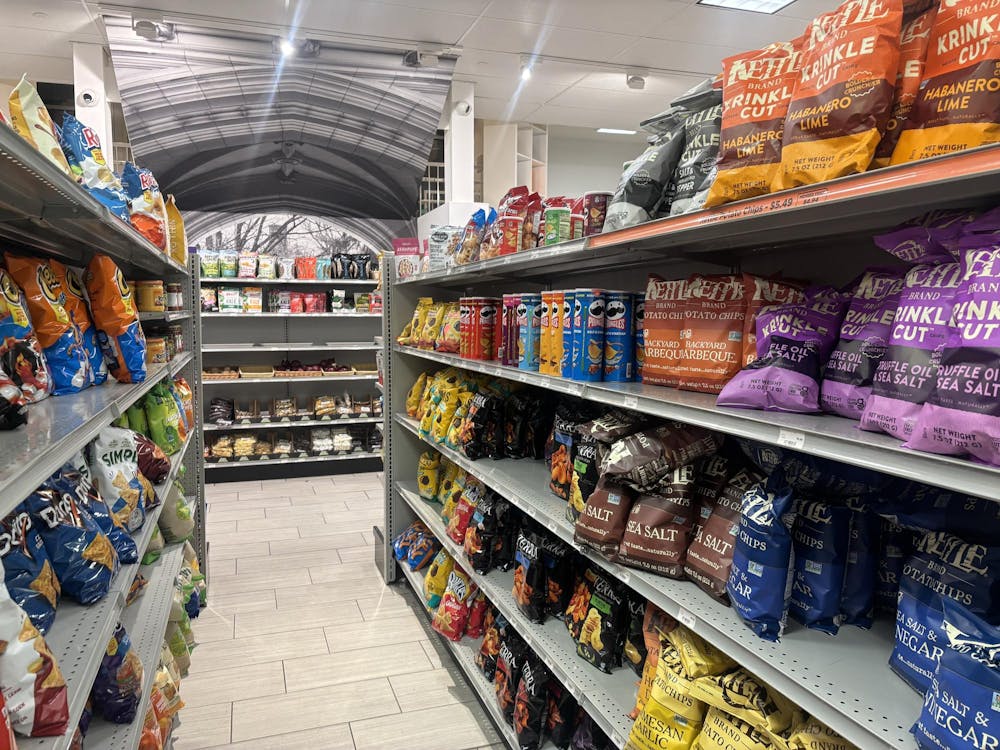In an unexpected move, the University will now require eating club and co-op members living on campus to purchase a University meal plan starting in the fall of 2026, effectively eliminating independent dining. In addition to drawing quick criticism from independent students, leaders of eating clubs and co-ops moved to criticize the decision.
“The Inter-Club Council (ICC) opposes the University’s decision to require all members of eating clubs to purchase an additional dining plan. Eating clubs have and will continue to provide meaningful communities to students across a wide range of campus, and we’re excited to bring new members into our clubs during Spring 2026 Street Week and beyond,” the ICC, which represents all 11 eating clubs, said in a statement. “The ICC is in discussion about the impacts of the decision and will provide additional statements as these discussions progress.”
The new dining policy offers eating club and co-op members a dining plan exclusive to students with eating club and co-op contracts — the minimal Block 32 plan, which will cover two meals per week at one of the campus dining halls.
This plan is projected to cost an approximate $1,030 per academic year, on top of the co-op or eating club plan cost, assuming the per-meal rate would fall in line with the current cost on the Block 105 plan. Co-op costs can range between $1,200 and $1,500, while eating club costs can range from a bit over $9,000 to just under $13,000.
Hap Cooper ’82, the chairman of the Graduate Inter-Club Council, which comprises members of the alumni boards of the eating clubs, said he was “shocked and disappointed by the announcement.”
“We have been in discussions with the University for nearly five years, and have been steadfast in our position that club members should not be made to purchase a second dining contract that they didn’t ask for and don’t want. Students will now be required to pay twice for the same meals, making the dining experience more expensive for some and more confusing for all,” Cooper said in a statement.
“We were assured we would continue to have a seat at the table as dining decisions were being made so we could ensure any changes were in the best interests of all involved,” Cooper added. “That commitment was not kept.”
Co-op members also voiced concerns about the new dining plans. The Daily Princetonian was able to speak with two of the four current co-ops by publication.

Jacob Jackson ’26, Keeper of the Keys for the 2 Dickinson Street co-op (2D), shared that he thinks there will be an increase in the number of students joining co-ops as a low-cost option. But he expressed worries that an influx of new potential members would become “an incredible logistical burden on [the co-ops] to accommodate a significant increase in interested members.”
According to Jackson, 2D is currently at “maximum capacity,” with many of the other co-ops “either near or already at capacity as well.”
“It’s worrying to consider a future where a significant portion of interested students are denied co-op membership due to space limitations,” Jackson added.
Additionally, current members of the group “do not eat at the dining hall regularly and thus would be wasting the two weekly swipes they would now have to pay for,” Jackson said.

Abdur-Raheem Idowu ’26, co-president of the International Food Co-Op (IFC), shared similar concerns about the co-op community.
“Now, you’re gonna have a lot of people that truly, actually want to just make food on their own but may join a co-op just in order to avoid having to pay for the entire meal plan, and that’s gonna weaken the real co-op community,” Idowu said.
This co-op community, Idowu said, is one that fosters communities built on common interests. “In order to actually get the benefit of [Princeton’s] diversity, you need to let people create their own communities and do things the way they want to do things,” Idowu said.
Neither 2D nor the IFC were made aware of the changes to the dining plans prior to the University announcement.
“As a co-op leader, I am wholeheartedly against the University’s decision, and I am frankly appalled at the lack of dialogue or communication with students that they claim to want the best for throughout this process,” Jackson said.
“Who you eat with and where you eat at Princeton is such an important part of your social life,” Idowu added. “They can’t just change things randomly like this, because it really uproots a lot of things.”
Luke Grippo is an assistant News editor for the ‘Prince.’ He is from South Jersey and usually covers University and town politics, on a national, regional, and local scale. He can be reached at lg5452@princeton.edu.
Sena Chang contributed reporting.
Please send any corrections to corrections[at]dailyprincetonian.com.








